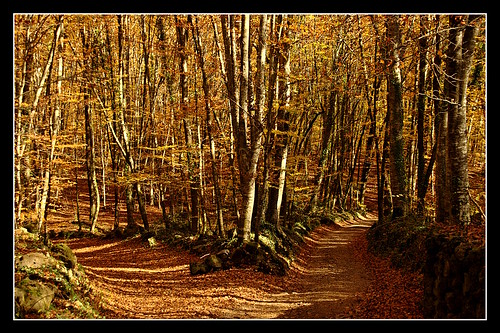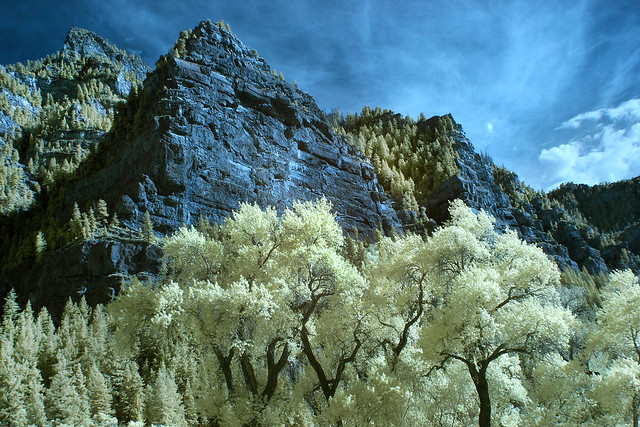Yesterday I had to find a Western Union outlet to receive a money transfer from a friend who lives in a country where he cannot enjoy the normal financial service amenities we have in Europe and North America.
It was an eye-opener. There are lots of these outlets locally. I was aware of them, but had never considered that the availability of money transfer facilitates was worthy of mapping.
Having had to search for locations on-line and noticing that the information even on the Western Union site is out-of-date in places I have changed my mind. For shops with a Western Union or other money transfer outlet I am using money_transfer=Western Union. Standalone premises can be tagged
amenity=money_transfer as suggested on the OSM wiki.
This experience reinforced my own awareness that, however conscientious I am in trying to map things, my decision about what to map is heavily affected by my own experiences. Although I am strongly aware that Nottingham is a city with people from all over the world (how can I not be, our immediate neighbours are from Africa and Asia). This has been reinforced when mapping shops, restaurants and takeaways. Similarly, although I have a friend who makes a living out of offering telecom services to Bangladeshis living far from home, and have noticed how many shops have
Lebara branding, I'd never thought about how this sort of thing should be mapped.
In a
recent post I mentioned that I worry that tagging of woodland may act to reduce the diversity of mappers in terms of interest and expertise. This is just another example of how increasing diversity within OpenStreetMap is not just about
extending involvement from different groups, but also recognising that different people have a variety of needs when it comes to things which get mapped.
A part of getting involvement from different groups is showing that OSM is relevant to them
directly, rather than as a substitute for Google Maps. We've achieved this for wheelchair users in large part because of the involvement of
Sozialhelden, and tactile maps have received a lot of attention because user
Lulu-Ann has consistently championed them for a long time. Champions such as these have extended the horizons of every OSM mapper. (It doesn't have to be an obvious diverse theme, either,
bahnpirat championed the mapping of power lines, which turns out not to be as geeky as it seems). The most obvious OSM champion, is
Mikel Maron. His passion and action in taking mapping to marginalised communities ultimately led to the
Humanitarian OSM Team, which is now a significant actor across the globe within the humanitarian sector.
I therefore think that increasing diversity in all its forms within OSM means nurturing our past, present and future champions. These people can help everyone see things differently.





